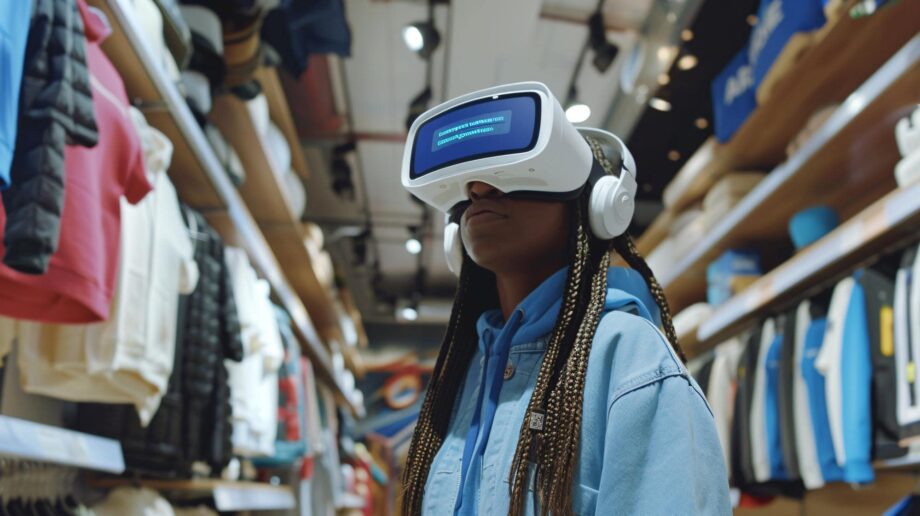Artificial intelligence (AI) is increasingly transforming how Africans shop, pay, and engage with retailers. From online recommendations to automated deliveries, AI tools are subtly shaping everyday consumer experiences. This shift is significant as it impacts not just retail efficiency but also influences the products consumers see, the prices they pay, and the quality of service they receive.
AI systems are facilitating personalised product recommendations, much like how streaming platforms suggest content. For African consumers, this means that shopping platforms like Jumia or Takealot can showcase items tailored to individual preferences, minimising browsing time and making purchases more relevant.
Dynamic pricing models are increasingly prevalent in African retail. These systems adjust prices in real time based on demand, stock levels, and market conditions. While they help retailers stay competitive, consumers benefit from discounts, flash sales, and fairer pricing during periods of low demand.
Logistics continues to be a major challenge in many African cities, but AI-driven route planning is enhancing delivery efficiency. Companies like Kobo360 are leveraging AI tools to optimise supply chains, resulting in shorter wait times and more reliable order fulfilment for consumers.
Available through popular channels like WhatsApp, AI-powered chatbots are becoming standard on retail platforms. These assistants offer round-the-clock support, provide instant answers to queries, and help track orders. For consumers, this significantly reduces the frustration of long wait times and unresolved complaints.
Although still in the works, augmented reality (AR) and AI-driven visual search are offering consumers new ways to shop. From trying on apparel virtually to previewing furniture in a home setting, these tools reduce the risk of dissatisfaction and product returns, improving overall customer confidence.
AI is not only transforming retail operations but also reshaping the everyday shopping experience for Africans. Consumers benefit from more personalised choices, better prices, faster deliveries, and smarter support systems. For businesses and policymakers, this highlights the importance of ensuring that AI adoption in retail is inclusive, ethical, and responsive to consumer needs across the continent.








